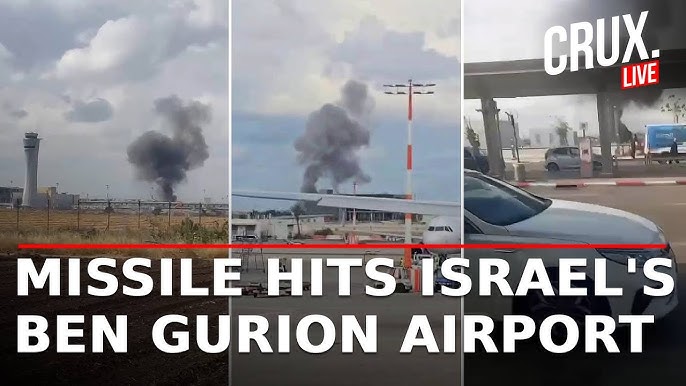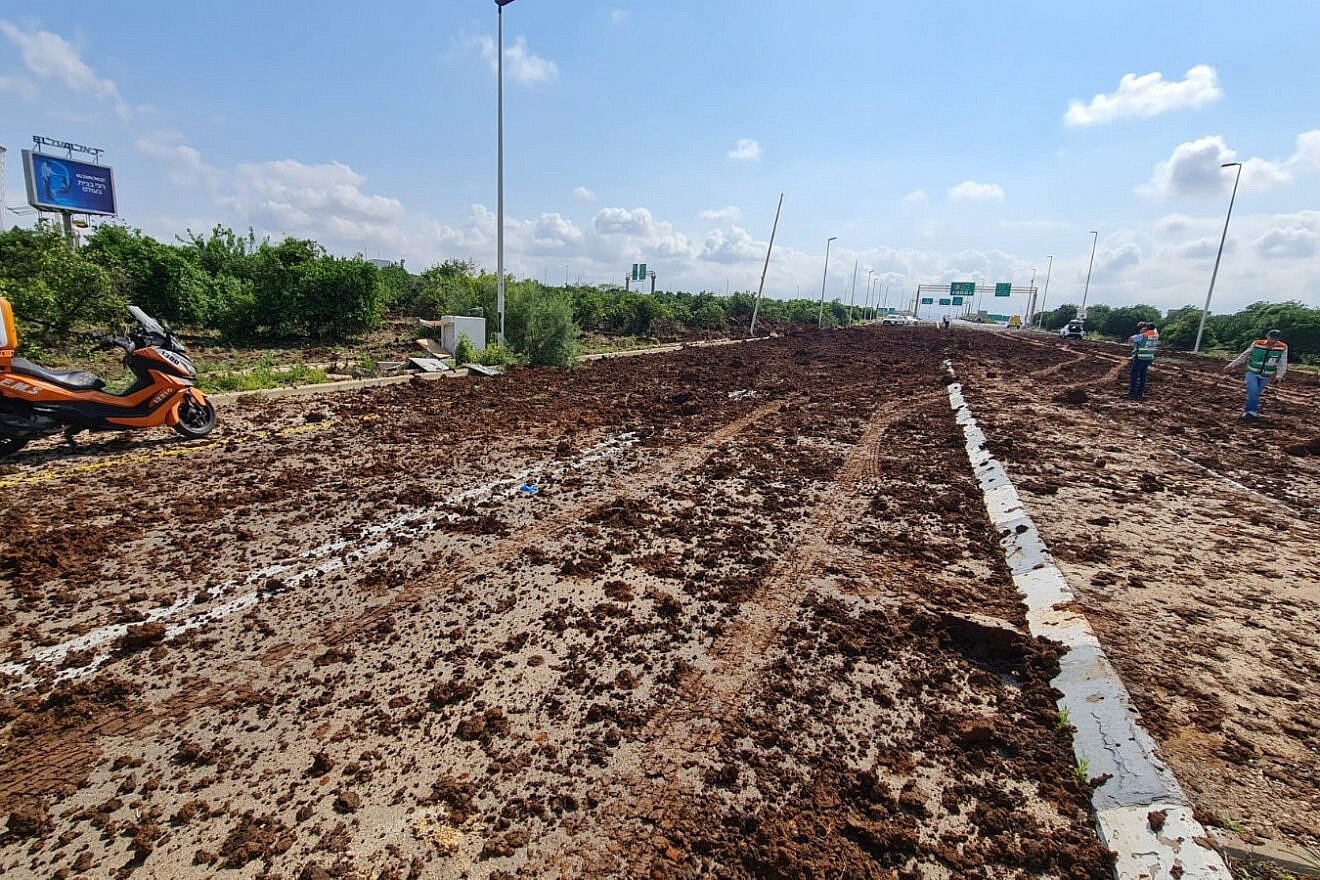Ben Gurion Airport Targeted: Houthi Missile Strike Disrupts Israel's Main Air Hub

Ben Gurion Airport Targeted: Houthi Missile Strike Disrupts Israel's Main Air Hub
In a significant escalation of regional hostilities, Israel's Ben Gurion International Airport, located near Tel Aviv, was struck by a ballistic missile launched from Yemen by Houthi rebels on May 4, 2025. The attack resulted in multiple injuries and led to the temporary suspension of flights, raising concerns about the effectiveness of Israel's air defense systems and the expanding reach of the Houthi insurgents.

The Attack and Immediate Aftermath
According to reports, the missile evaded Israel's defense systems and impacted near the airport's vicinity, causing damage and injuring at least six individuals. Emergency services responded promptly, and the wounded were transported to nearby medical facilities for treatment. The Israel Defense Forces (IDF) confirmed the incident and initiated an investigation into the failure of the missile interception systems.
In the wake of the attack, Ben Gurion Airport temporarily suspended all flight operations to assess the damage and ensure the safety of passengers and staff. Flights were resumed after a thorough security evaluation, but the incident has left a lasting impact on the nation's sense of security.

Houthi Rebels Expand Their Reach
The Houthi rebels, backed by Iran, have claimed responsibility for the missile strike, stating it was in retaliation for Israel's actions in the region. This marks a significant development in the Houthis' military capabilities, demonstrating their ability to target critical infrastructure far beyond Yemen's borders.
The expansion of the Houthis' operational reach poses a new challenge for Israel and its allies, as it indicates a broader geographical scope of the conflict and the potential for further attacks on strategic assets.
Implications for Israel's Security
The successful missile strike on one of Israel's most secure and vital transportation hubs has raised serious questions about the country's air defense preparedness. The IDF's failure to intercept the missile has prompted calls for a comprehensive review of existing defense systems and strategies.
Military analysts suggest that Israel may need to invest in advanced detection and interception technologies to counter the evolving threats posed by long-range missile capabilities of adversarial groups like the Houthis.

International Reactions and Regional Stability
The international community has expressed concern over the attack, with several nations condemning the missile strike and urging restraint from all parties involved. The incident underscores the fragile nature of regional stability in the Middle East and the potential for localized conflicts to escalate into broader confrontations.
Diplomatic efforts are underway to de-escalate tensions, with calls for dialogue and peaceful resolution of disputes. However, the attack on Ben Gurion Airport serves as a stark reminder of the volatility in the region and the need for robust security measures to protect critical infrastructure.

Conclusion
The missile strike on Ben Gurion International Airport by Yemen's Houthi rebels represents a significant escalation in regional hostilities and highlights vulnerabilities in Israel's defense systems. As the nation grapples with the implications of this attack, there is an urgent need to reassess security protocols and strengthen defenses against emerging threats. The incident also calls for renewed international efforts to address the underlying causes of regional conflicts and to promote stability through diplomatic engagement

MNF
Content Creator at MNF
Passionate about delivering high-quality content on technology, news, and more. Follow me for the latest updates and insights.
Leave a comment
Share your thoughts and comments on this post.
Comments
There are no comments. Be the first to comment 😊💡